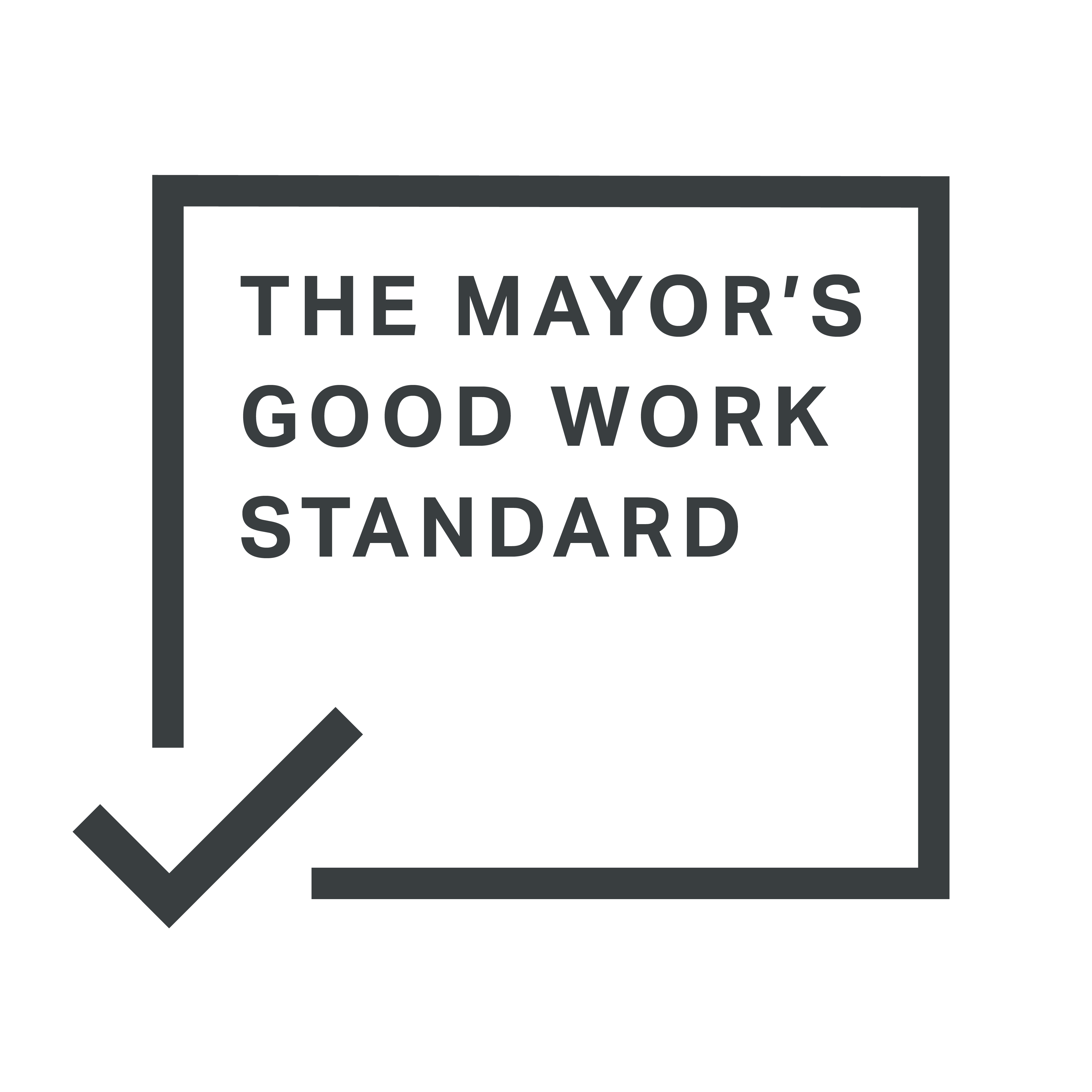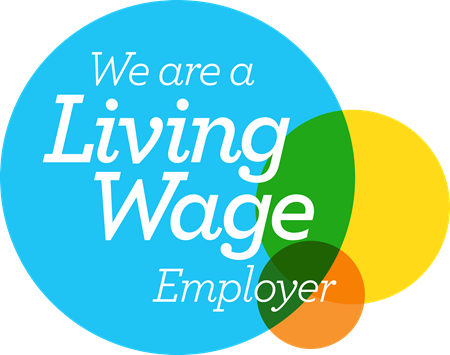27 December 2023
Back in July, 13 train companies across England announced proposals to change the way they staff rail stations. The plans would have seen hundreds of tickets offices shut down for good. This proved highly controversial and consequently the consultation would become one of the largest ever in UK history.

In the London TravelWatch area specifically, nine train companies proposed closing ticket offices at 269 stations.
The proposals aimed to change the way people buy tickets by moving staff ‘from out behind the glass’. Essentially train companies were encouraging a shift away from staffed ticket offices, towards online sales and increased use of ticket vending machines.
However, passengers raised serious concerns that the changes would make the rail network less accessible.
We are pleased that we played the key role of evaluating individual station proposals from train companies as well as reviewing all of the public feedback. This allowed us to make a final decision that was based on all the evidence we had available, one that was right for passengers.
In this end of year blog-post, Trevor Rosenberg takes a brief look at the details of the consultation process and outcome of the ticket office closure debate.
The consultation process
Any major changes to ticket offices must go through a consultation process, as outlined in a railway industry rulebook. It’s our role, as the passenger watchdog, to consider these changes and review public feedback before submitting our recommendations.
From the start of the consultation period (initially planned to be just 21 days), train companies displayed posters at affected stations and encouraged passengers to feed back their views to ourselves and Transport Focus, whose remit includes stations outside of the greater London area.
We encouraged train companies to publicise the consultation using other means including newsletters, leaflets, press notices, social media channels, customer emails, apps and at stakeholder forums or public meetings.

Passengers told us that the sheer scale of the proposals made proper scrutiny difficult. Some organisations also said it was unreasonable to expect passengers to respond to the proposals in such a short period of time.
The lack of accessible formats and the public absence of many Equality Impact Assessments was also raised as a serious concern (both before the consultation was launched and in the early days of it being open to the public). We encouraged industry to produce publicity in as accessible way as possible. As a result, some train companies went away and made British Sign Language videos, and adapted their documents so they were available in braille, large print, plain text, audio, and easy-read formats.
Public responses to the changes
During the consultation period we received 232,795 representations via email, freepost and phone (some responses were jointly sent to both ourselves and Transport Focus). These were a combination of responses to individual stations, specific train operating companies, and to the proposals across all companies and stations. Of these responses, 99% were objections.
There were specific campaigns which generated a large number of responses including template emails and post. While the majority of these responses followed the standard text, some had been customised. All responses were counted and any that had been customised or contained reference to a specific station identified.
We received postal petitions generally objecting to ticket office closures and copies of online petitions from the Change.org and Megaphone websites. We also received a survey report from 38 Degrees objecting to the changes nationally.
We received many responses from stakeholders including MPs, local authorities and representative organisations. We also engaged directly with some stakeholders when approached including trade unions, charities and government organisations. While these were an opportunity to answer questions on how the process works, they were largely listening sessions to gather their feedback on proposals in order to retain our objectivity.
Objections were received for all of the stations train companies put forward proposals for.
Key passenger concerns
While many issues were raised by the public, there were three clear top concerns:
- The ability to buy tickets in future. From needing staff to help them navigate the complexities of the fares system to difficulties using TVMs, many people were worried that under the proposals they wouldn’t be able to get the best fare for their journey (or any ticket at all!)
- Getting the information they need. Ticket offices provide more than just tickets. Passengers go to them for a whole range of information and said they valued staffto provide help to plan journeys or updates during periods of disruption, and or give other help such as local directions.
- Receiving assistance. Many people were worried how passengers requiring assistance would receive help and support under these proposals. The importance and value of staff in delivering these services and support was highlighted time and again. There were clear fears that that disabled travellers and others who need assistance may lose support or have reduced access to train travel if these staff were removed.
London TravelWatch assessment
After carefully reviewing public responses and industry plans, London TravelWatch identified several issues that risked not properly addressing passenger priorities:
- Quality of service. Ticket office staff help passengers in many ways, from providing information on services and routes to opening facilities like toilets. Under the proposals it seemed likely that passengers would have a worse experience..
- Reduced access to products. Ticket machines and online sales cannot replace all services currently provided by ticket offices, nor can all passengers use these retail channels.
- Accessibility and assistance arrangements lacked clarity and assurance for those who need extra support.
- Safety risks did not seem adequately assessed prior to proposals being submitted.
- Future monitoring was vague. Clear benchmarks were needed to hold operators accountable.
- Cost effectiveness. There was limited information on how these proposals would save money and the scale of the benefits, plus concerns remained that they would reduce revenues by deterring people from travelling by train.
Reliance on ‘roaming staff’ at stations rather than having help located at a fixed position proved unpopular with many people who fed back to the consultation early on. As a result, the industry came up with the concept of ‘Welcome Points’.
But disability groups pointed out that these proposals lacked clarity. While maybe a good idea in theory, they had not been developed thoroughly or even tested with passengers who would actually use them. Co-design with passenger groups and proper piloting may have helped strengthen their case.
We also made the point that if ticket vending machines were the future, then real improvements were needed now. Would they be retrofitted with induction loops to help deaf and hearing-impaired passengers? Would voice assistance functionalities work? Would passengers be able to pay for tickets using both cash and card? What would happen when the machines become faulty or break down for a period of time? In essence, a great deal of work still needed to be done around inclusive design of ticket machines.
Later in the process there were attempts by the industry to address other concerns. For example, there was clear movement around restoring staff hours that seemed to be at risk early on.
But we found that, overall, the proposals did not properly consider passenger interests as required. This led us to our conclusion.
The outcome
In our final response to each train company on 31 October, London TravelWatch objected to all proposed ticket office closures within our area. The Secretary of State for Transport then requested all train operators withdraw their proposals.
Overall, the ticket office closure debate highlighted the importance passengers place on staff assistance across the network.
The ‘human touch’ remains important for many passengers. Not for any nostalgic reason, but because when passengers need help, they usually turn to people. We hope this is taken on board, even as technological innovations continue to deliver more positive outcomes for passengers.
With reforms to fares and retailing in progress, this issue may not be settled for some time. We remain committed to scrutinising any major changes industry plans in future, and reflecting the voice of passengers as best we can.








